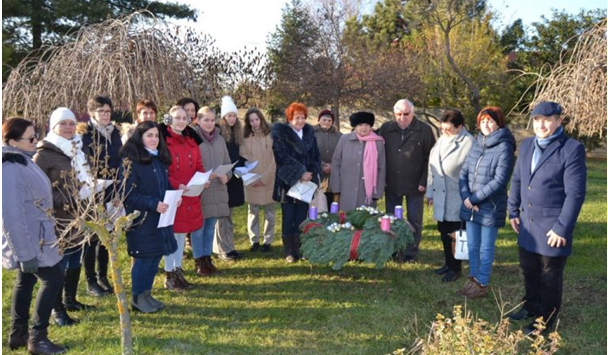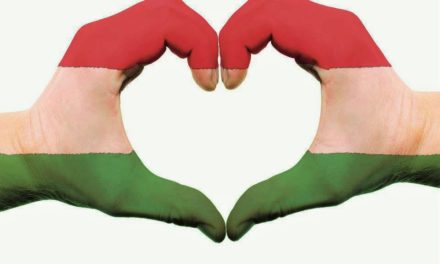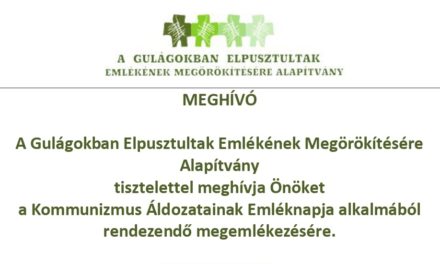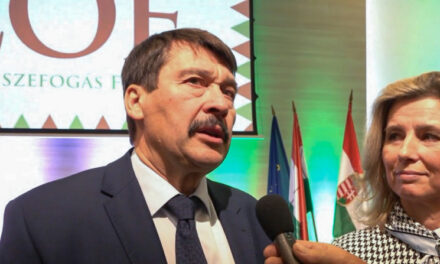What is the importance of civil organizations and communities in a settlement? Iván Farkas, the mayor of the Muzsla village, answers the question, where, as the only settlement in the region, several civil organizations cooperate successfully and peacefully. Interview.
I considered the question important because there are villages, and even cities, where they do not require this very effective way of community life to do something for their community and village in a completely voluntary way. Moreover, I know of some where they are obstructed, and even the existing ones have ceased to exist. I sought an answer to this from the mayor.
How is it that everything works in a village, including more than 10 NGOs?
There are 11 active social organizations in Muzla.
What does the mayor or the municipality do to ensure their operation?
It encourages and financially supports their activities. It gives space and opportunity for their operation. For example, by receiving financial support from the municipality for their activities every year. An opportunity to show off and report on their activities. But also - especially during the energy crisis - that they continue to rent the village's properties, the cultural center, the services center, the sports field, the sports hall, the multi-purpose artificial turf sports field, the winery and viticulture service house, etc., free of charge. Of course, warm in winter, heated. These are no longer natural everywhere. In fact, in fewer and fewer places...
Let me show you that there is always something going on in Muzla with just one example: in the last carnival period, there were 11 carnival balls. And this is far from the most, since in the 2017/18 carnival season, 17 carnival balls took place in Muzsla in the cultural center. By the way, from the end of October to April, the cultural center in Muzla was booked every weekend. They are used by the village itself or the Muzla organizations, as well as tenants, usually culture lovers in the area. There were those who were interested for whom there was no time available in recent years.
To what extent is this an advantage for the village, even though it often involves financial support? Are local communities necessary in the settlement?
Nurturing traditions, embracing culture, sports, and exercise are our fundamental interests. This is consistent with the local government and the wider settlement community. Not incidentally: the specialization and direction of our kindergarten is the preservation of traditions, the care of our traditions and culture. In the Endrődy János Elementary School, also, supplemented with folk dance, where the Farickás Children's Folk Dance Ensemble was recently established. You should know from its name that one of the most famous vineyards of the Muzla vineyard is the vineyard under Faricka.
These were the most important questions. And here are my thoughts: these are voluntary communities, they do not create organizations at the request or command.
Iván Farkas also spoke about the fact that there are several unique social and community supports in the village, which also only exist in this village.
The mayor, as a well-known politician, is not on the Association's national election list this year. As he said at a voter meeting, his current political, social, village and county obligations do not allow him to undertake more. He said about his previous positions: he was a member of parliament for eight years (2002-2010), a county representative for eighteen years, a representative of the NATO Parliamentary Assembly in Brussels for two years, and a representative of the Parliamentary Assembly of the Council of Europe in Strasbourg for six years.
He has been the mayor of the village for nine years. They have social and community support schemes that are guaranteed to be valid only in Mueslan throughout the country. The mayor is present at every event of every civil organization, he is with them. This also gives the volunteers a solid background, which also means respect for their hard work.
Anyone who visits Muzsla can experience that it has grown into the most developed village in the region over the past thirty years.
Author: Erzsébet Dániel, president of the Limes Anavum Regional Heritage Association
Featured image: Erzsébet Dániel













